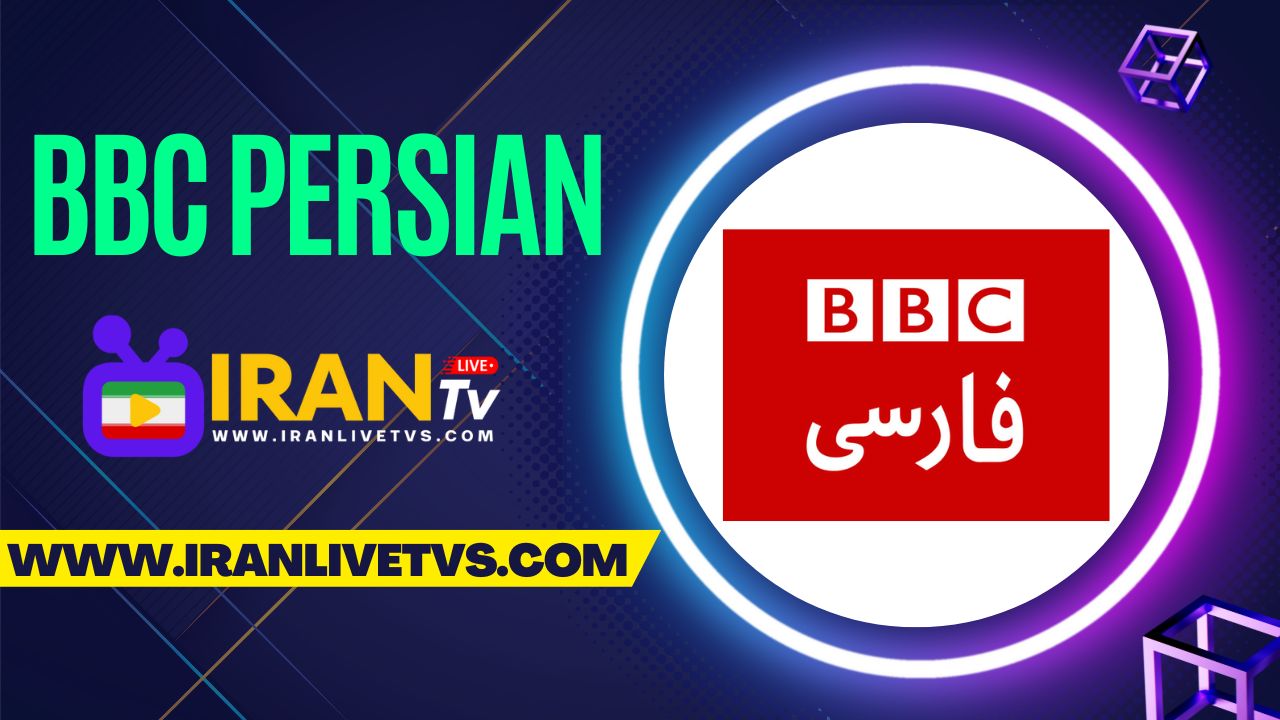BBC Persian TV live – (پخش زنده بی بی سی فارسی) as a part of its Empire Service, the British Broadcasting Corporation (BBC) began broadcasting in Persian for the first time. This endeavour was promoted by the Foreign Office. Concern that the Iranian ruler, Reza Shah Pahlavi, had sympathies with Nazi Germany was one of the primary reasons the administration gave for giving this matter a high priority. After the Anglo-Soviet invasion of Iran in August of 1941, the British Foreign Office pushed broadcasts on the monarch’s authoritarian form of government as well as republican systems of government.
After the war, the BBC General Overseas Service continued broadcasting, and the Persian Service became a component of it. This gave the Persian Service increased editorial autonomy with respect to the UK government. However, due to the extraordinary condition that was created by the possibility that Iran might nationalise the Anglo-Persian Oil Company, the Foreign Office issued memorandums of guidance and lists of points to make to the BBC, and the volume of broadcasting more than doubled. As a result of this, a large number of Iranians came to the conclusion that the Persian Service was not impartial, and an advisor to the Prime Minister Mohammad Mosaddegh declared that “we did not trust the BBC since it was the voice of British imperialism.”
Role in 1953 Iranian coup d’état :
Anti-Mosaddegh materials were repeatedly aired on the radio channel, to the extent that Iranian staff at the BBC Persian radio went on strike to protest the move. The British government used the BBC’s Persian service to advance its propaganda against Mohammad Mosaddegh, the democratically elected Prime Minister of Iran.
Altering the phrasing of BBC broadcasts in order to relay coded instructions to those planning the coup was one of the ways the British Broadcasting Corporation (BBC) was employed directly in the activities.
Under Mohammad Reza Shah Pahlavi :
Beginning in 1965, the management of the BBC Persian Service was transferred to the newly established BBC World Service.
In the years leading up to the Iranian Revolution, the BBC Persian Service established a strong reputation for reliability among listeners, won their affection, and broadened its audience beyond intellectuals and members of the Iranian diaspora.
Mohammad Reza Pahlavi and others who supported him began to criticise the BBC for its role in fostering the conditions that eventually led to the popular uprising that was ultimately responsible for the Iranian Revolution in February 1979. The Shah communicated with the BBC’s Persian Service by telegraph on many occasions over reporting issues. The Iranian Ambassador in London, Parviz Radji, attempted to tone down these criticisms recognising that the BBC was functioning independently. However, throughout the late 1970s, Parviz Radji had several meetings with the highest management of the BBC, including the Director-General Ian Trethowan.
The Persian Service conducted interviews with the major contenders in the year leading up to the revolution. These interviews included one with Ayatollah Khomeini, three or four with Prime Minister Shapur Bakhtiar, and two with Karim Sanjabi, the leader of the National Front, who were seeking a peaceful democratic transition from the rule of the Shah. [1]
During the revolution in Iran, the media was highly suppressed, which led to prolonged strikes by journalists. At the same time, the Persian Service of the BBC gained an even bigger following over the whole country.
Following the revolution of 1979 :
In 1980, the Iranian reporter for the BBC was kicked out of the country, and the BBC office in Tehran was shut down. The BBC reported on Iran from London for the most of the 19 years that it covered the country, with journalists making brief trips to Iran on occasion. However, with the election of Mohammad Khatami as President of Iran in 1999, the BBC was finally permitted to reopen an office in Tehran and install a permanent correspondent.
As of the year 2000, the production of the BBC Persian Service was around 28 hours each week, with a variety of programmes including news, education, and entertainment.

Television of BBC Persian TV live – (پخش زنده بی بی سی فارسی) :
BBC Persian TV live – (پخش زنده بی بی سی فارسی) is the primary article.
The BBC made the announcement that it will begin broadcasting BBC Persian Television in the year 2008. It first went on the air in January of 2009 and currently has its headquarters in the BBC Broadcasting House in London. It is a supplement to the BBC’s already existing radio and web services in the Persian language.
BBC Persian TV live – (پخش زنده بی بی سی فارسی) was first broadcast for eight hours each day, seven days a week, from 17.00 to 01.00 hours, which is considered to be the prime watching period in Iran. It may be accessed without cost by anybody living in the region who has a satellite dish.
The senior BBC management team was the one responsible for drafting the BBC’s plans for the service. These were accepted by the BBC Governors at the time, who served as the governing body of the BBC and were responsible for maintaining its autonomy from the UK government. After then, the BBC followed the terms of the agreement it had with the Foreign and Commonwealth Office (FCO) and forwarded the documents to be reviewed for approval there. This is something the BBC is required to do.
The annual operational costs of £15 million will be covered by the government of the United Kingdom.
In a speech given in October 2006, Gordon Brown, who was serving as the Chancellor of the Exchequer at the time, pledged funding for the newly established service. Alistair Darling, who would later become Chancellor of the Exchequer, gave his word in October 2007 that the cash would be provided. There are around 140 people working here, approximately 40 of them are support employees.
Harassment of staff members of BBC Persian TV live – (پخش زنده بی بی سی فارسی) :
In 2018, the BBC made a request to the United Nations Human Rights Council in Geneva, asking for assistance in preventing Iran from harassing its Persian Service staff in the United Kingdom and their families in Iran. The BBC made the request on behalf of its Persian Service staff in the United Kingdom. According to the BBC, Iran started targeting BBC Persian personnel following the demonstrations that occurred during the Iranian presidential election in 2009. At the time, the Iranian authorities accused foreign media and intelligence services of interfering in the election. Iran has initiated criminal investigations into 152 staff members, both current and former, as well as contributors, accusing them of “conspiracy against national security.” Additionally, Iran has placed a hold on the assets of several of these staff members.
Iran denies the charges of inappropriate behaviour. The Permanent Mission of Iran to the United Nations in Geneva released a statement on “There is no such thing as an independent media network as BBC Persian… The financial and political ties that it has maintained with the British Ministry of Foreign Affairs as well as British security services have been quite strong.”
You can also watch other channels like irib-varzesh in our iran TV Channels android and Afghan TV Channels ios applications.
Beside these channels you can also watch other Iran Live TVs in our android app : IRIB Varzesh , IRIB Mostanad Live, IRIB TV1 Live , IRIB TV2 Live , IRIB TV4 Live, IRIB TV5 Live, ,and many more..







